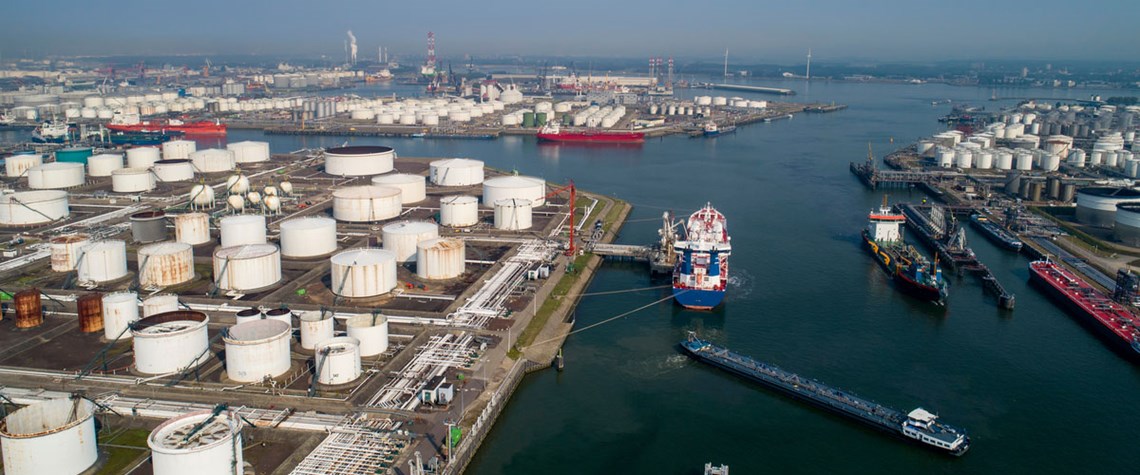EU refineries prepare for life without Russian crude
European refiners have strong incentives to adapt to the technological and logistical challenges of the continent turning away from Russia
European refineries are racing to secure alternative supplies and reconfigure their operations ahead of the start of the EU’s ban on seaborne Russian crude imports on 5 December. The refiners are incentivised by record-high margins for diesel and other products, as well as the looming ban on imports of Russian refined products from 5 February. Nevertheless, considerable logistical and technological challenges remain. The G7 countries announced an unspecified price cap on Russian oil shipments in early September as a kind of addendum to the decision to cut out Russian crude imports. However, traders and refiners alike report confusion in the markets as to the precise parameters of the restric

Also in this section
26 July 2024
Oil majors play it safe amid unfavourable terms in latest oil and gas licensing bid rounds allowing Chinese low-ball moves
25 July 2024
Despite huge efforts by India’s government to accelerate crude production, India’s dependency shows no sign of easing
24 July 2024
Diesel and jet fuel supplies face a timebomb in just four years, and even gasoline may not be immune
23 July 2024
Rosneft’s Arctic megaproject is happening despite sanctions, a lack of foreign investment and OPEC+ restrictions. But it will take a long time for its colossal potential to be realised







